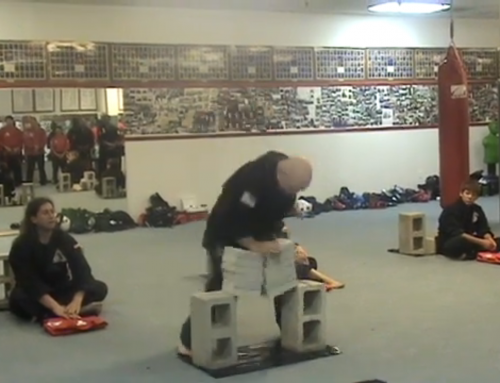Today, I want to discuss soft skills as it relates to interviewing and acquiring your elite team. Soft skills are those intangible skills that are not objectively easy to measure. Let’s juxtapose that against hard skills, another thing we need to look at when we’re interviewing. As I mentioned in my blog, “Why Resumes Should be the Last Thing You Consider When Hiring” hard skills are the last thing to consider; unless it’s a really sophisticated position you’re looking to fill. For example, if you’re looking for an engineer, or a software coder, there are some definite hard skills they need to have.
Determining Soft Skills
Soft skills, on the other hand, are much, much more difficult to determine. Soft skills are things like how well a candidate relates to customers, or teamwork, how they get along with people or their ability to command or lead, those are soft skills. They exist, we know them when we see them and we certainly know when they’re not there. But you really are challenged to objectively measure them. The best way to determine somebody’s soft skills is actually through assessments, developed by professionals who know how to create such things. Certainly, if you can do that, I highly recommend that you use assessments. I’ve talked about this in other blogs, as well. As you can tell I’m a big, big believer in assessments because it gives you separation, that step away. The use of assessments helps take your emotions out of your hiring decision, a little. We all make decisions emotionally, every one of us, every decision. Neuroscientist have proven that all decisions are emotional. But the more you can separate yourself from that, the better it’s going to be.
The use of assessments helps take your emotions out of your hiring decisions... Click To TweetDeveloping Hiring Scenarios
Let’s assume for a second that you don’t have the ability to do actual assessments. They’re not super expensive, but not everybody wants to bother with them. How do we test for soft skills? The best way I have found is using scenarios. You create a scenario with a built-in conflict, where the correct answer is not real obvious. I’ll give you a perfect example. I have a client who is an outsourced IT service provider. Here’s the scenario we developed to test for the soft skill of customer service.
“It’s five minutes before closing and the phone rings, it’s one of our best customers on the phone. You answer the phone, and they tell you that they have a new employee starting tomorrow. Although they should have let us know the week before they completely forgot, and they need a new computer setup. Now, most of the time, this can be done remotely. However, in this particular instance, you need to drive down to set it up. It’s going to take about a half hour if everything goes right to get the new computer setup. But, it’s five minutes before closing and you’ve been told there’s no unauthorized overtime. The managers not around, nobody’s available, you try to get ahold of them.
So, there’s no one who can authorize over time. If things don’t go well, this could take an hour or more, and the client is about a half hour away from you. What do you do?”
Now, inherent in the scenario is the conflict of following rules or providing customer service. You’ve been told no authorize overtime so how are you going to come up with solution that meets both criteria? For example. I’ve had people say to me, “Well, first thing I’m going to do is ask the customer? What time do you need to have this computer up and running by?” These candidates understand that most new people don’t sit down and start at their computer first thing in the morning. If they ask us that question, we’re going to come back and say to them, “oh, well, by the time they get done with HR, and our initial indoc and briefing and all the rest of the stuff, it’s probably going to be the afternoon before they need their computer.” In which case, I expect to hear “Oh, would it be okay, if I was there eight o’clock in the morning, first thing in the morning to get this taken care of.” That’s a win-win solution that is customer focused.
Sometimes, depending on how we feel about this particular candidate, I would throw a curveball, I’ll say “No, we’ve already handled all the HR and they need to be ready to work first thing in the morning.” What I want to hear from this candidate, under those circumstances is “Then it’s going to be overtime, you’re outside of our normal hours. However, I’m happy to get in my car and come down and get that taken care of if you think somebody will be there otherwise, I can be there early tomorrow morning” or something that shows the customer comes first. When they do that, that tells me that their customer experience soft skill is good.
Take Action Now
Before your next hire, figure out what the top 3 to 5 soft skills the position requires and come up with scenarios to determine if the candidate possesses them. Make sure you write them down so each candidate gets the same questions and you have them available anytime you need to fill that position.










